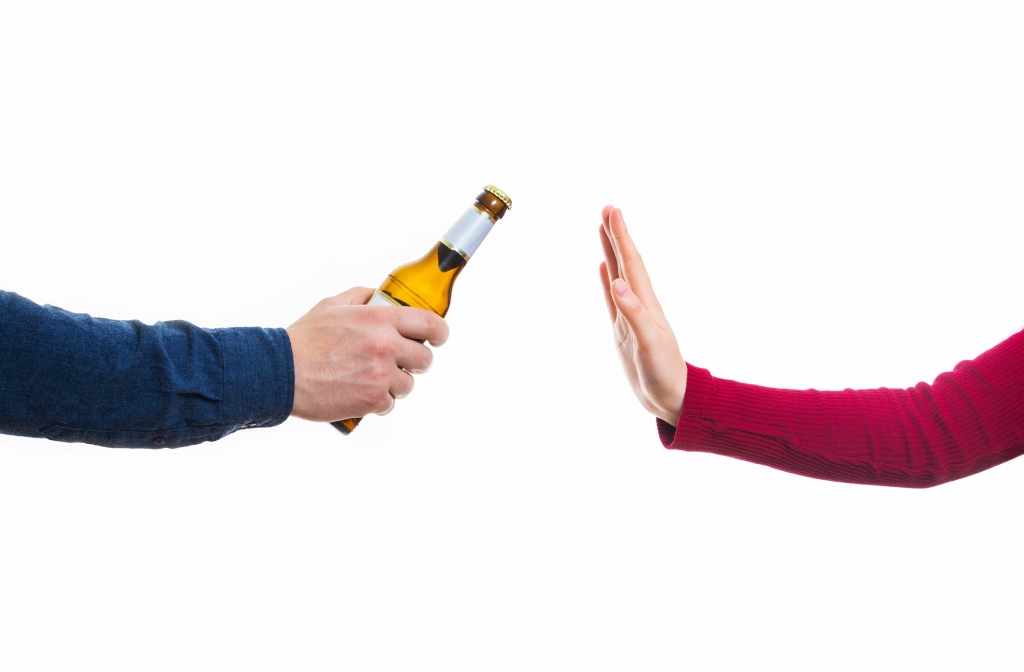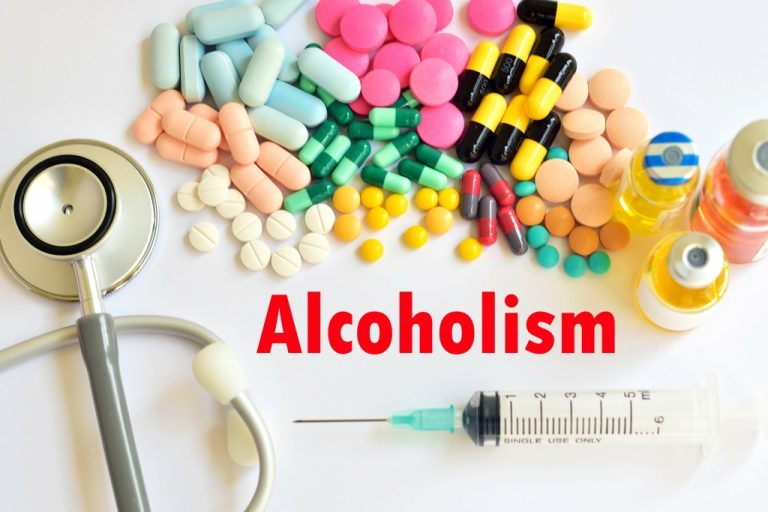That’s why professional support isn’t just helpful—it’s often essential. But addiction changes how your brain’s reward and decision-making systems work. I think one of the biggest misconceptions is that addiction results from poor choices or a lack of self-control. In doing so, we can create a space where recovery feels accessible and hopeful. But, in order to be successful, the individual going to treatment needs to be engaged and willing to change.
Let’s Take the Next Steps Together
Alcohol is acceptable and easily accessible; you could even say it is celebrated in American society. Millions partake in drinking as a social activity, and unfortunately this can be where alcohol addiction starts. It takes a constant effort and unconditional support to stay Drug rehabilitation ahead of the disease. Know that the disease of addiction is progressive and as time passes it will only continue to worsen.

Drug addicts are bad people
- Get compassionate evidence-based behavioral health treatment in Arizona.
- Learn the truth about common myths surrounding addiction and recovery and find out how seeking help can lead to successful long-term recovery.
- This can be harmful as it may discourage individuals from seeking treatment if they don’t believe in the prescribed approach.
- Recovery takes time, effort, and support, but it’s entirely achievable.
- It’s no secret that there are unethical actors in the treatment world, but to paint all treatment centers with the same brush is unfair.
- This idea suggests that a person must experience severe negative consequences, such as losing their job, relationships, or health, before they will be motivated to seek help for their addiction.
May it be an alcohol addiction, drug addiction, nicotine addiction, or any other type of substance use disorder, seeking help is the first step towards recovery. Lastly, one of the most harmful https://www.barracudacampus.com/wiki/1170/ myths about addiction is that addicts are bad people. This belief is rooted in stigma and judgment and fails to recognize that addiction is a disease, not a character flaw.
The Language We Use Matters

However, it’s crucial to recognize that addiction can still have a significant impact on an individual’s well-being, work performance, and interpersonal relationships. In many cases, the strain of managing addiction while maintaining the appearance of normalcy can exacerbate the problem and delay the decision to seek help. The belief that addiction recovery follows a straightforward, linear path can lead to unrealistic expectations and disappointment when the journey inevitably encounters setbacks or challenges.
© Cornerstone Healing Center 2025
Relapse doesn’t mean someone isn’t trying hard enough or that treatment didn’t work. Instead, it’s an opportunity to identify triggers, reassess coping strategies, and make adjustments to the recovery plan. For many, relapse is a wake-up call that reinforces their commitment to sobriety. If addiction were purely a matter of willpower, we wouldn’t need treatment programs, therapy, or recovery communities. People in recovery demonstrate immense strength and resilience, often working harder to maintain sobriety than those who have never struggled with addiction. Effective treatment is highly personalized, addressing factors like mental health, past trauma, and individual goals.
Honorable Mentions: Recovery Myths That Deserve a Shout-Out
If I had a dollar for every time I heard someone say, myths about addiction and recovery “They just need to not use drugs or alcohol! These myths hurt families and friends – and they make it harder for people to get well. We considered how broadly a myth applies across different recovery journeys.

Gen Z Mental Health and Addiction: Unpacking a Growing Crisis
Roadside alcohol testing, for example, has prevented thousands of deaths and helped many with alcohol use disorders (AUD) get help. About 50 percent of those arrested for DUI have an AUD and should not delay getting help.